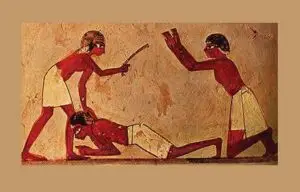The mission of the Jewish people has never been to preserve the world the way it was but to make it more humanly friendly


About Us
Jewish wisdom consists in knowing what to do with what it knows. This site is about what Judaism knows.
Our think tank generates ideas and research on contemporary issues of central importance to Jewish life.
We believe in Judaism and its capacity to significantly contribute to the well-being and improvement of humanity.
We look to support the next generations of Jews’ understanding their inherent self-worth and their capacity to significantly contribute to the well-being and improvement of humanity.
What Judaism Knows
To learn from achievements and errors
That allegiances are more the result of consent than descent.
That human beings seek meaningful relationships, no less than spirituality, and purpose in their lives
That the task is to help Jews draw on their Jewishness to live more meaningful, fulfilling, responsible lives.
The significance of Judaism today "does not lie in its being conducive to the survival of this particular people but in its being a source of spiritual wealth, a source of meaning relevant to all people."
Abraham Joshua Heschel

Read Our Newsletter
Subscribe to receive our latest updates in your inbox!
© 2026 All Rights Reserved.

